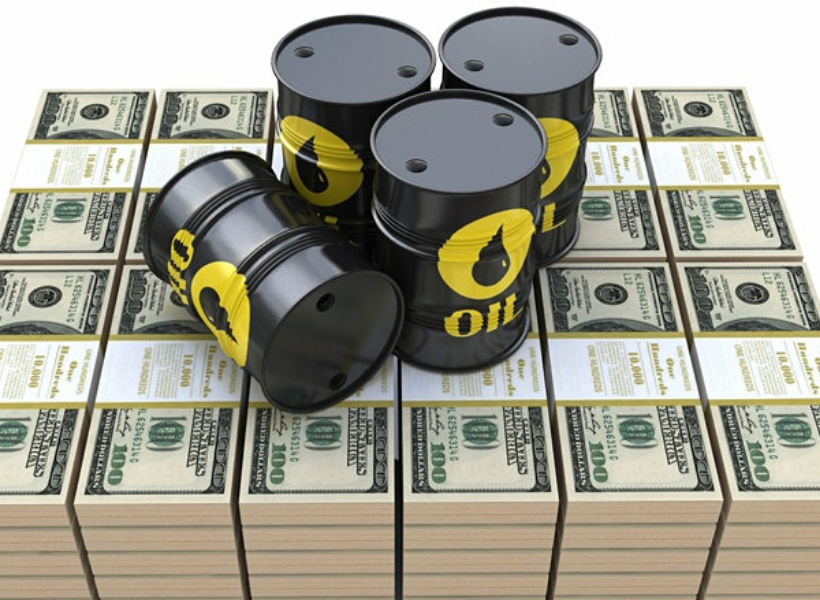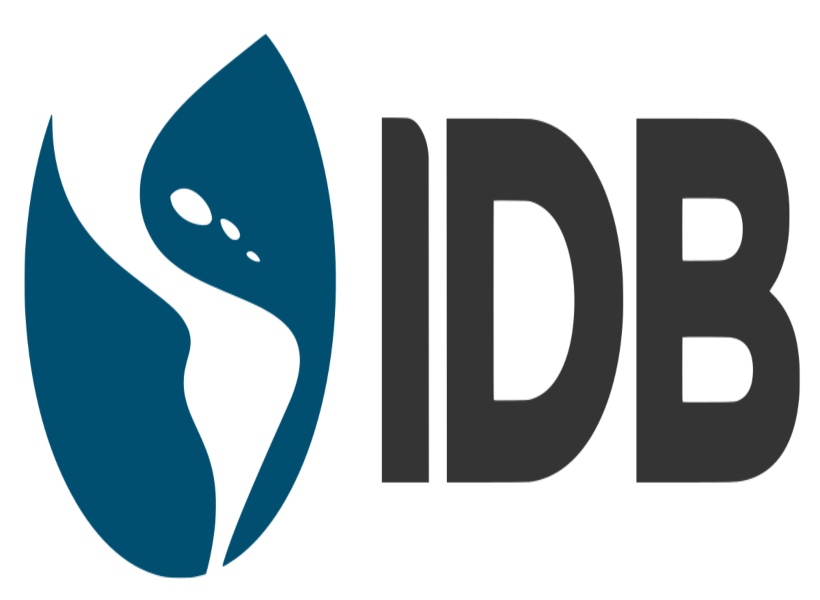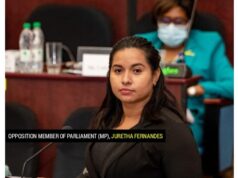This was revealed in a new quarterly report titled ‘Headwinds Facing Post-Pandemic Recovery in the Caribbean’ released by the bank.
Guyana’s creation of and, higher inflows into the Natural Resources Fund; its efforts at strengthening food security, and promotion of the Vision 2025 by 25 policy initiative, which seeks to reduce CARICOM’s high food imports by 25 per cent by 2025; and its organising of investment forums to promote technological improvements in agriculture and foreign direct investment were just some of the polices commended by the IDB.
At the micro level, the report noted the support to productive sectors and vulnerable groups and the introduction of several policies.
“The excise tax on petroleum was reduced from 20 to 10 per cent in January, then reduced further to zero in March. Tariffs on public utility services such as water and electricity have remained fixed, with the government absorbing higher operating costs,” the report cited.
The US$4.8 million which was allocated for the purchase and distribution of fertiliser for farmers to reduce operating costs and US$ 3.8 million distributed in the form of one-off cash grants for households in the rural and riverain communities were other initiatives credited in the report.
The IDB report also commended the increase in public assistance, which benefits approximately 18,000 persons, and the increase in Old Age Pension, which benefits approximately 65,000 senior citizens.
Despite the global external factors, since taking office in August 2020, the PPP/C Government has continuously assisted citizens regardless of location.
The removal of VAT on electricity and water, the 5 per cent reduction—across the board—on water tariff, the zero-rated status on essential items and household items, the removal of VAT on data, the reduction of the excise tax rate on fuel (first in February and then in October) and the reduction of the licence fee are just a few in the menu of measures. Additionally, many non-tax measures directly impacted Guyanese, including the one-off $25,000 relief grant, the re-introduction of educational grants, which benefitted both public and private school students, a one-off 25,000 cash grant for pensioners and a range of other incentives. (Department of Public Information)











